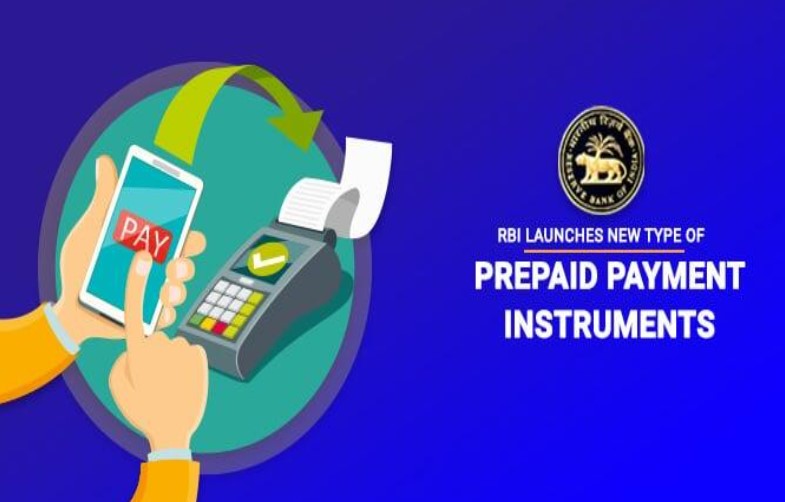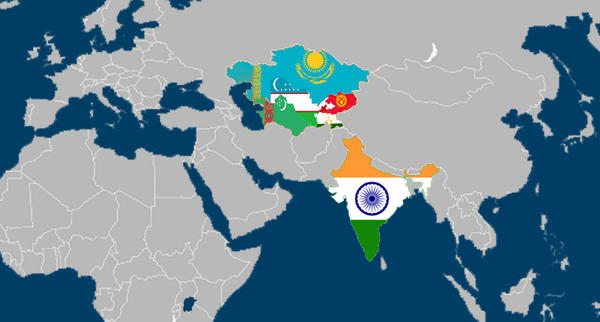- Courses
- GS Full Course 1 Year
- GS Full Course 2 Year
- GS Full Course 3 Year
- GS Full Course Till Selection
- MEP (Mains Enrichment Programme) Data, Facts
- Essay Target – 150+ Marks
- Online Program
- GS Recorded Course
- NCERT- First Ladder
- Polity
- Geography
- Economy
- Ancient, Medieval and Art & Culture AMAC
- Modern India, Post Independence & World History
- Environment
- Governance
- Science & Technology
- International Relations and Internal Security
- Disaster Management
- Ethics
- Current Affairs
- Indian Society and Social Issue
- CSAT
- 5 LAYERED ARJUNA Mentorship
- Public Administration Optional
- ABOUT US
- OUR TOPPERS
- TEST SERIES
- FREE STUDY MATERIAL
- VIDEOS
- CONTACT US
PREPAID PAYMENT INSTRUMENT
PREPAID PAYMENT INSTRUMENT
07-06-2023


Latest Context
The expansion of the Deposit Insurance and Credit Guarantee Corporation (DICGC) to Prepaid Payment Instruments (PPI) to safeguard against fraud and unauthorised transactions has been suggested by a committee assessing customer service standards for RBI (Reserve Bank of India) regulated entities.
- The committee has recommended the RBI to investigate the possibility of expanding DICGC coverage to the PPI segment, including bank PPIs and later non-bank PPIs.
- The RBI should provide incentives for regulated businesses to raise customer service standards and step-up overall efforts to safeguard consumers.
Facts about Prepaid Payment Instruments (PPI)
- PPIs are instruments that make it easier to buy goods and services, perform financial transactions, and enable remittance capabilities, among other things, against the money stored in them.
- PPIs can be issued as cards or wallets.
- Two types of PPIs: PPIs with full-KYC (know your customer) and small PPIs. Small PPIs can also be divided into two categories: PPIs up to Rs 10,000 (with cash loading capability) and PPIs up to Rs 10,000 (without cash loading capability).
- Cash, debit from a bank account, credit cards, and debit cards can all be used to load or recharge PPIs.
- The monthly cap for PPI cash loading is Rs. 50,000, subject to the PPI's total cap.
Issuance:
- PPIs may be issued by both banks and non-banks with the RBI's approval.
- Over 58 banks have been given permission to create and manage prepaid payment instruments as of November 2022.
- As of May 2023, 33 non-bank PPI issuers exist.
What is DICGC?
- The RBI's fully owned subsidiary DICGC offers deposit insurance.
- The deposit insurance system is crucial in ensuring the financial system's stability since it guarantees small depositors that their funds would be protected in the event of a bank failure.
- All commercial banks licenced by the RBI, including Local Area Banks (LABs), Payments Banks (PBs), Small Finance Banks (SFBs), Regional Rural Banks (RRBs), and cooperative banks, are covered by the deposit insurance offered by DICGC.
Coverage:
- All deposits, including accrued interest, including savings, fixed, current, and recurring deposits, are insured by DICGC.
- For both principal and interest amounts held by each depositor as of the date of a bank's liquidation or collapse, insurance coverage is provided up to a maximum of Rs 5 lakh per depositor.
- Earlier, DICGC offered a Rs. 1 lakh insurance policy. Nevertheless, in 2020, the maximum amount of insurance coverage for depositors in insured banks was increased to Rs 5 lakh.
- DICGC does not cover such as:
- Deposits of foreign Governments.
- Deposits of Central/State Governments.
- Inter-bank deposits.
- Deposits made by the state cooperative banks to the state land development banks.
- Any sum owing as a result of a deposit made outside of India.
- Any sum that the corporation has expressly exempted with the prior consent of the RBI.
Funds:
- The Corporation maintains the following funds:
- Deposit Insurance Fund.
- Credit Guarantee Fund.
- General Fund.
- The first two are used to pay the corresponding claims and are paid by the insurance premia and guarantee fees obtained, respectively.
- The General Fund is used to pay for the Corporation's startup and administration costs.



